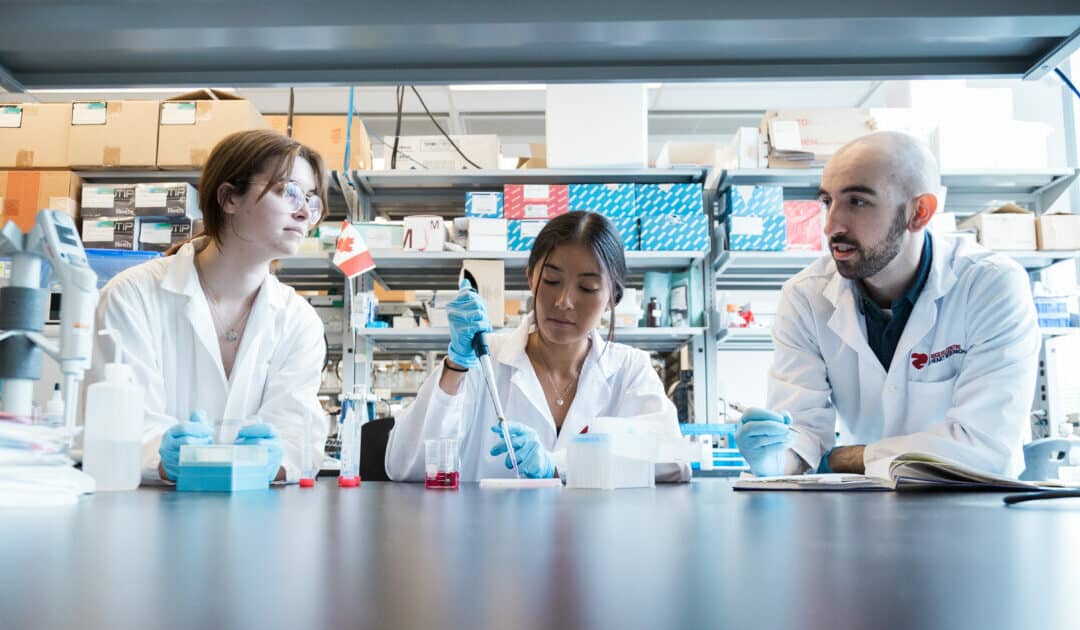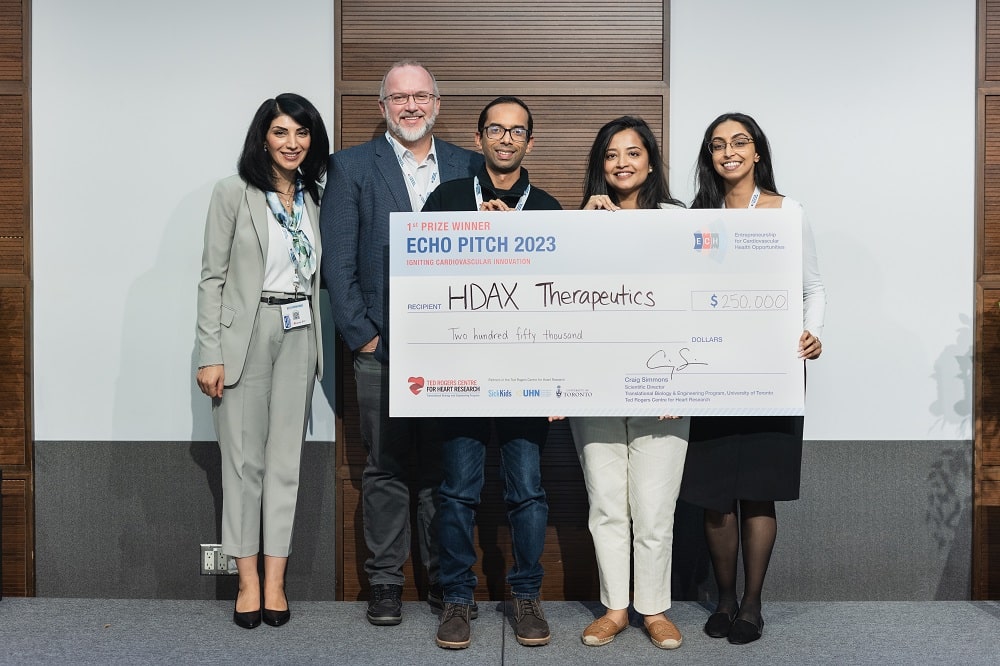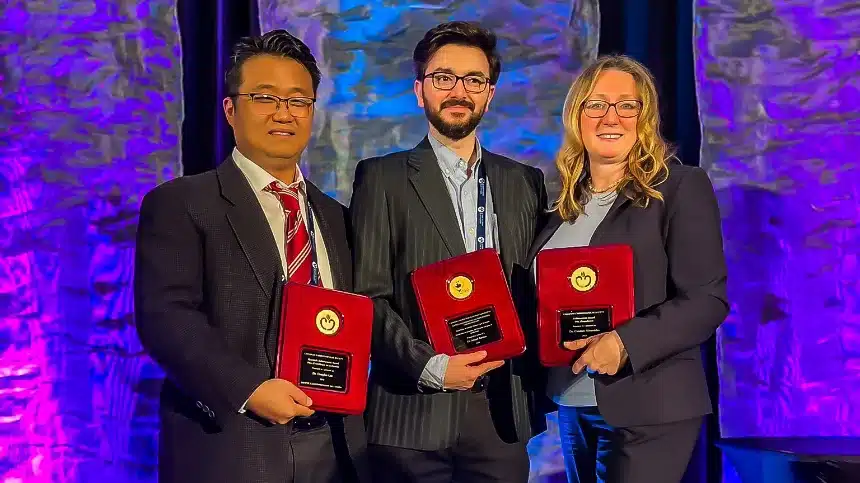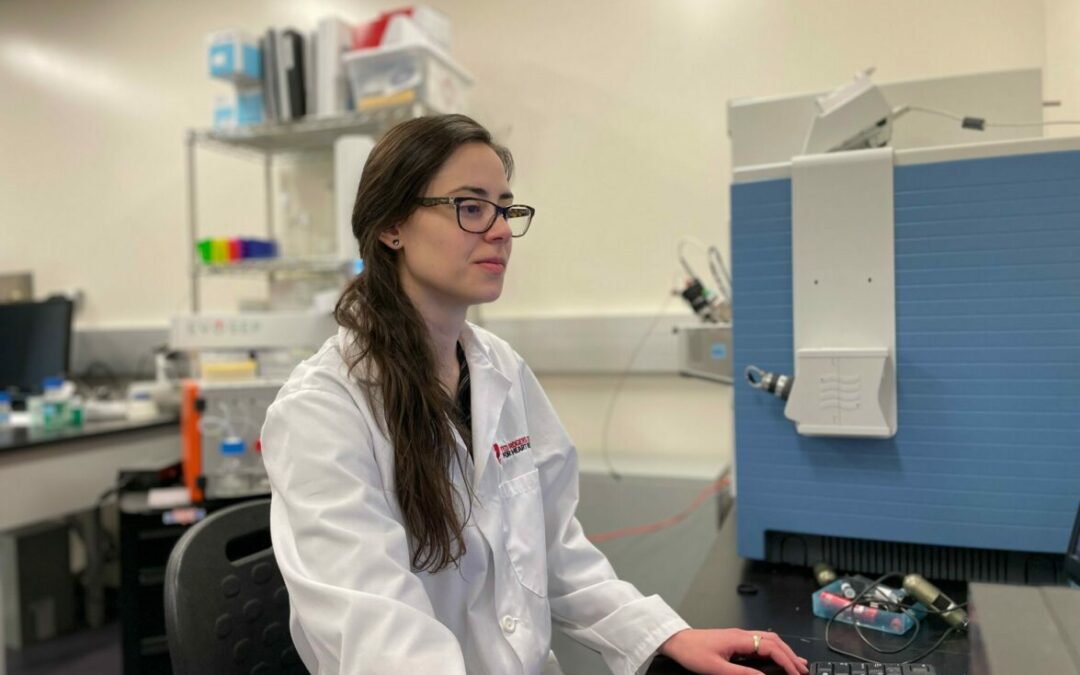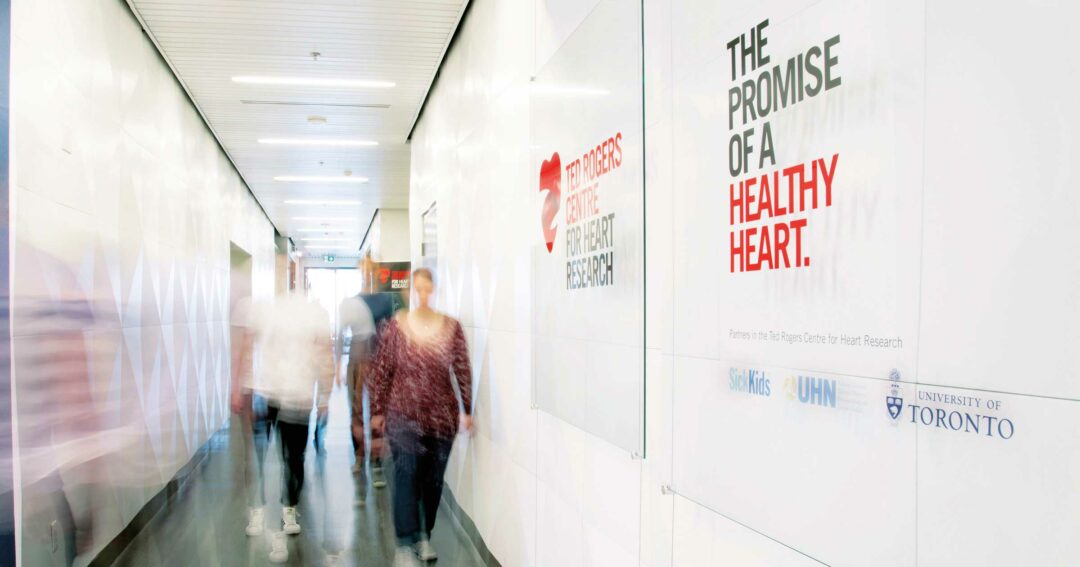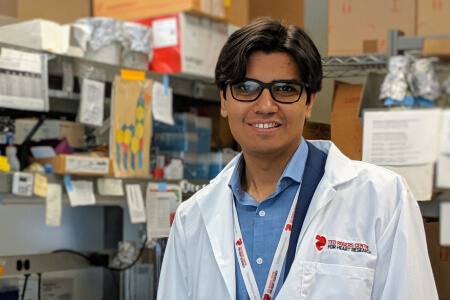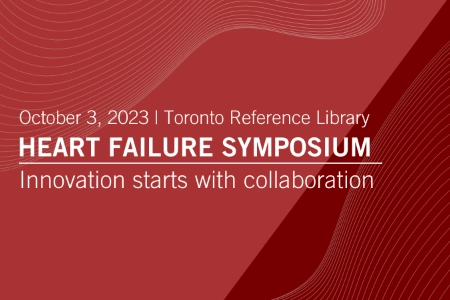Title: “Engineering human microvasculature in inflammatory and fibrotic disease”
A Ted Rogers Centre for Heart Research and IBBME Special Seminar
***
Anjelica Gonzalez is Donna L. Dubinsky Associate Professor, Department of Biomedical Engineering at Yale University.
Abstract
Microvascular dysfunction and disintegration is key to the genesis and progression of many diseases of capillary rich organs. Such organs include skin, kidney, heart and lungs, each abundant in microvasculature, and enriched in microvascular mural cells known as pericytes.
The pericyte-elaborated basement membrane, while considered an important regulator of microvascular stability, has been inadequately characterized in the healthy, inflamed or fibrotic state.
Further, in vivo systems have demonstrated that pericytes are capable of vascular destabilization and migration for the microvessel into the interstitial tissue during fibrosis, though mechanisms driving this activity have not been well elucidated.
Using engineered models of the composite microvasculature, in conjunction with engineered human lung and skin, we have explored the extent to which pericytes respond to proinflammatory and profibrotic signals, matrix protein composition, and signals generated by mechanotransduction in mechanically altered tissue.
We have used such engineered models to determine the extent to which vascular and mural cells can contribute to leukocyte recruitment, vascular destabilization and tissue remodeling to progress and sustain a diseased microenvironment.
Lastly, we have used such models in conjunction with human cells to determine the efficacy of currently approved and novel therapeutics to inhibit development, slow progression and potentially revers the matrix remodeling events facilitated by pericytes, fibroblasts and myofibroblasts in the skin and lung.
Future transformation of our engineered system into high-throughput platforms will provide an excellent and efficient means of understanding the role of understudied cells, like pericytes, in disease initiation and progression.
Similarly, the development of a high throughput platform will facilitate drug screening for orphaned or incompletely characterized drugs that would be effective in treating inflammatory and fibrotic disease.
